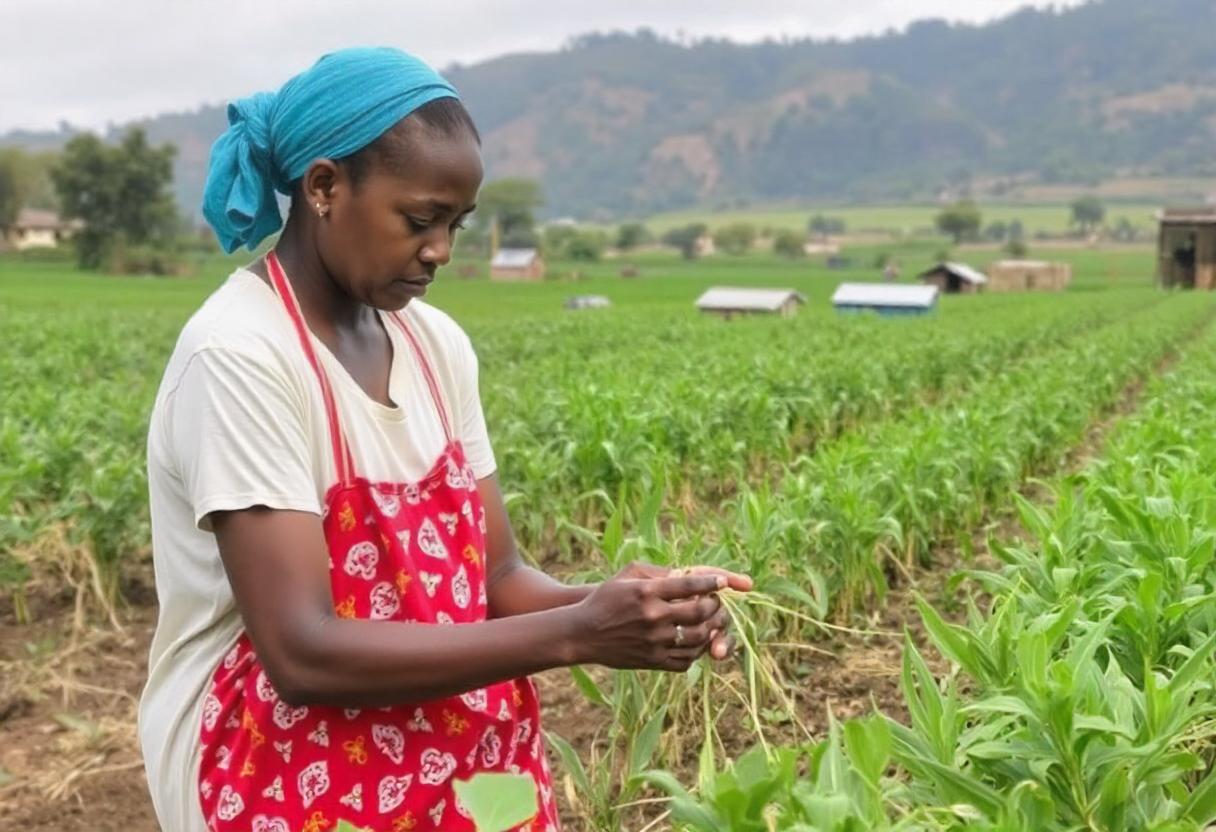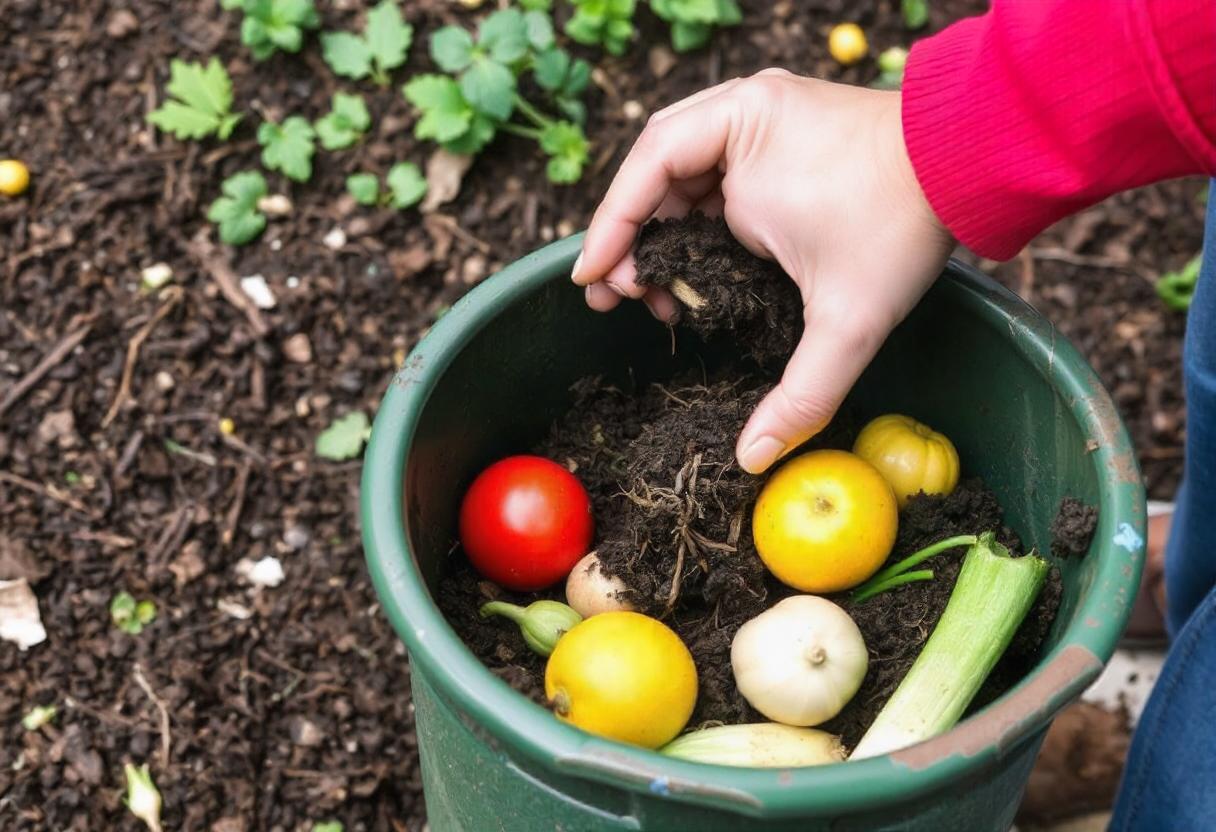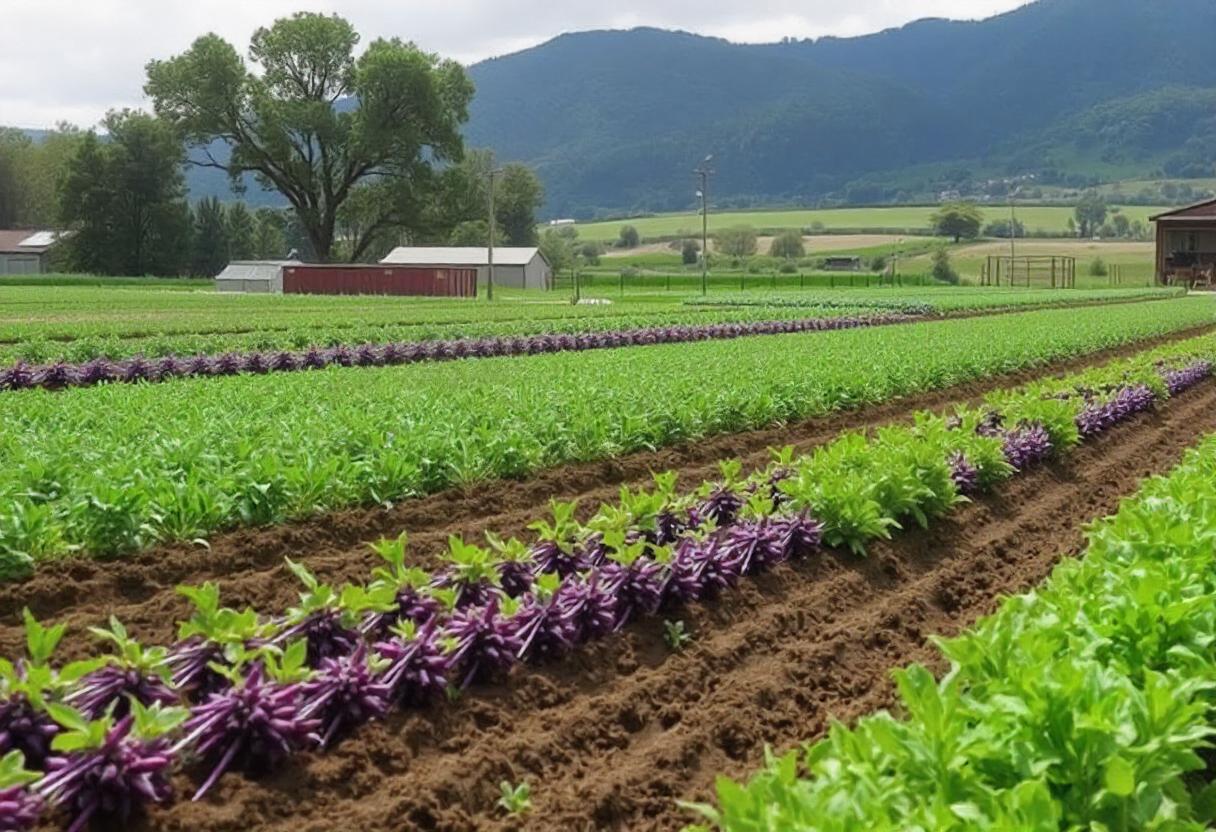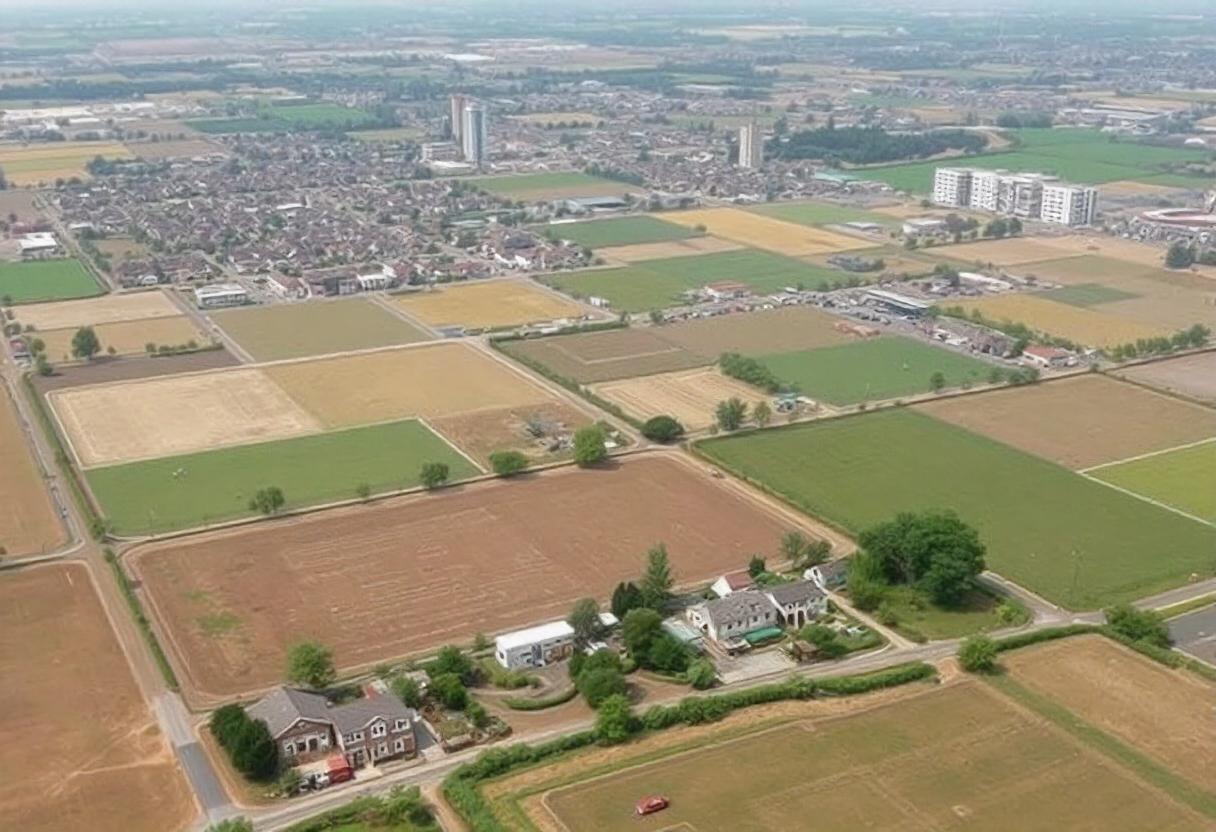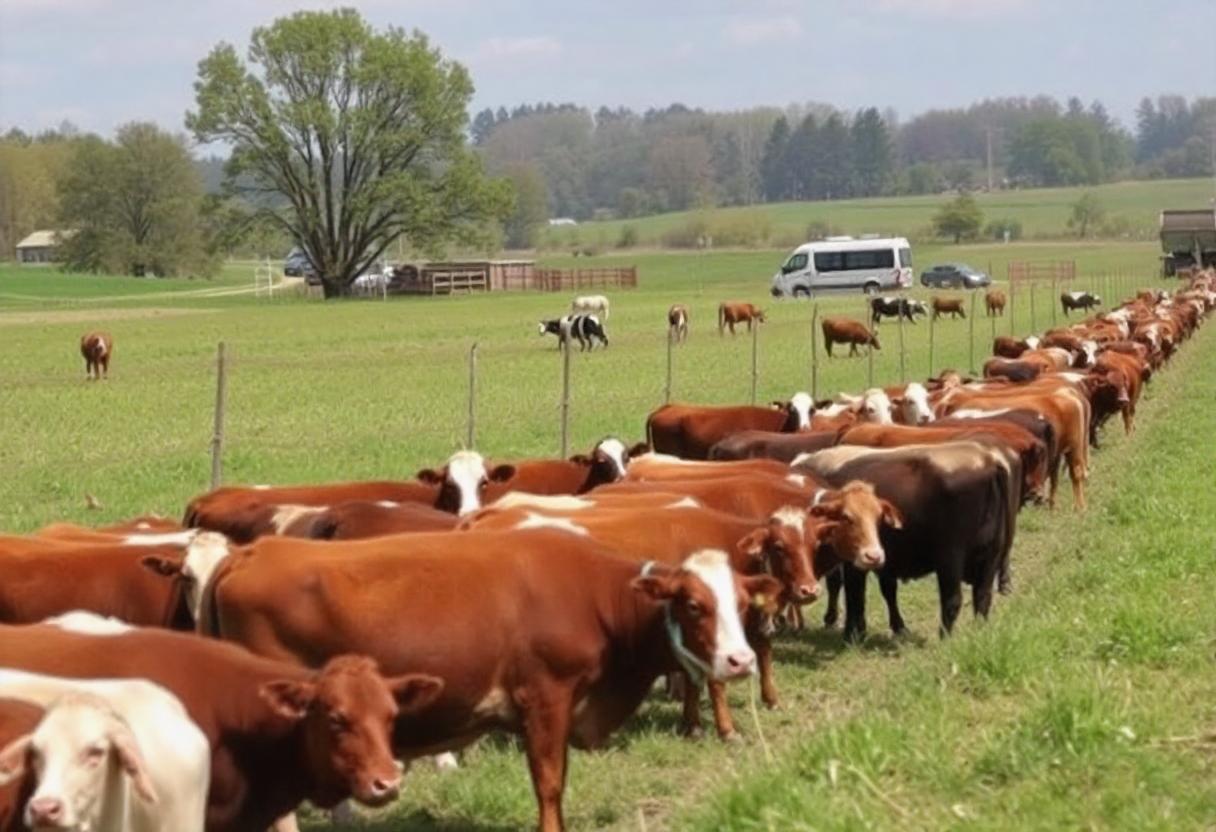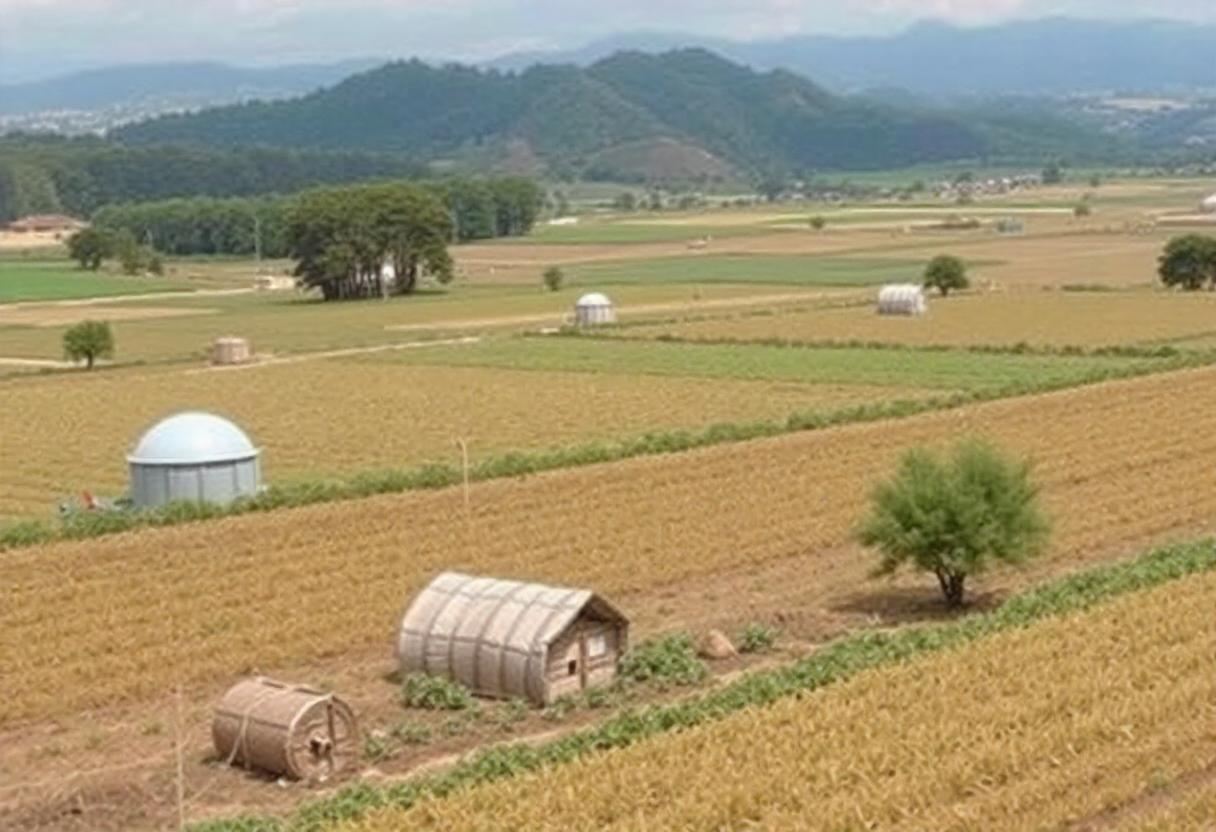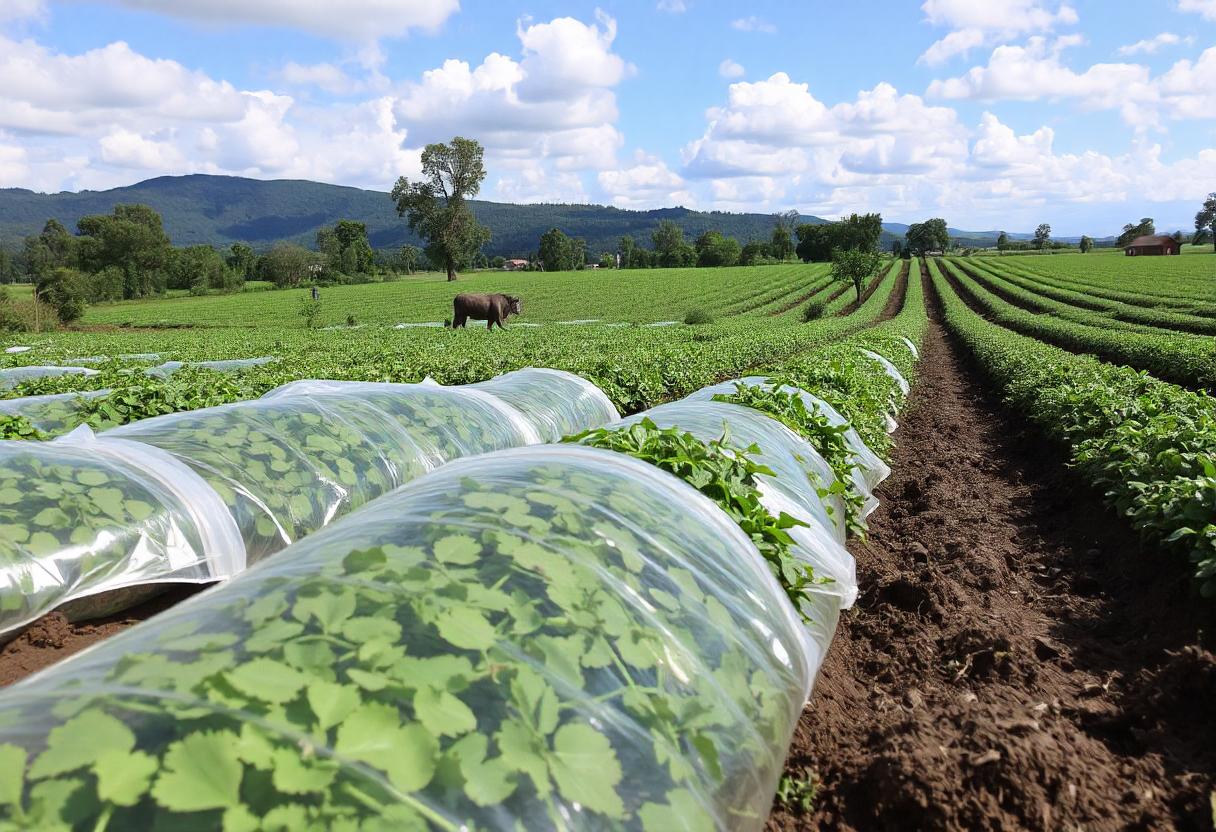Food Sovereignty And Indigenous Farming Practices
Food sovereignty emphasizes the right of communities to control the way food is produced, distributed, and consumed, prioritizing local needs over global market demands. Indigenous farming practices, rooted in centuries-old traditions, play a vital role in achieving food sovereignty. These methods promote sustainability, biodiversity, and the
Learn MoreSocial Impact Of Agriculture On Rural Communities
Agriculture plays a crucial role in shaping the social fabric of rural communities. Its impact extends beyond mere economic contributions, influencing various aspects of daily life, social structures, and community development. Employment Opportunities Agriculture is a primary source of employment in many rural areas. It provides
Learn MoreComposting And Organic Waste Management
Understanding Composting Composting is a natural process of recycling organic matter, such as food scraps and yard waste, into a nutrient-rich soil amendment known as compost. This process involves the decomposition of organic materials by microorganisms, including bacteria, fungi, and insects. These organisms break down the
Learn MoreMonoculture Vs. Polyculture Farming Systems
Monoculture and polyculture farming systems represent two contrasting approaches to agricultural production, each with distinct advantages and challenges. Understanding these systems helps in making informed decisions for sustainable and efficient farming. Definition of Monoculture Farming Monoculture refers to the agricultural practice of growing a single crop
Learn MoreRole Of Cooperatives In Agricultural Development
Cooperatives have played a vital role in enhancing agricultural development by providing a structured framework for farmers to pool resources, share knowledge, and access better market opportunities. Their collective approach allows farmers to overcome many challenges they face in isolation, promoting growth and sustainability in the
Learn MoreImpact Of Urbanization On Farmland
Urbanization is reshaping landscapes around the world, significantly affecting agricultural practices and farmland. As cities expand and populations grow, the conversion of rural land into urban areas becomes a prominent issue. This article explores the multifaceted impact of urbanization on farmland. Conversion of Farmland to Urban
Learn MorePrecision Livestock Farming
Precision Livestock Farming (PLF) represents an innovative approach to managing livestock, utilizing advanced technology to enhance animal welfare, productivity, and environmental sustainability. This method relies on data-driven strategies to monitor and optimize livestock operations, offering numerous benefits over traditional farming practices. Overview of Precision Livestock Farming
Learn MoreRemote Sensing In Agriculture
Remote sensing in agriculture involves the use of satellite or aerial imagery to collect data about crops, soil, and other agricultural factors from a distance. This technology offers numerous benefits, enabling farmers and researchers to monitor and manage agricultural activities more effectively. What is Remote Sensing?
Learn MoreIntroduction To Smart Irrigation Systems
Smart irrigation systems are revolutionizing the way we manage water resources in agriculture, landscaping, and residential areas. These systems use advanced technology to ensure that water is used efficiently, reducing waste and improving crop yields. With the increasing pressure on water conservation, smart irrigation is becoming
Learn MoreIntroduction To Climate-Smart Agriculture (CSA)
Climate-smart agriculture (CSA) is an approach designed to transform agricultural systems to support food security under the pressures of climate change. It integrates the three dimensions of sustainable development—economic, social, and environmental—by addressing food security and climate challenges. The goal of CSA is to sustainably increase
Learn More
